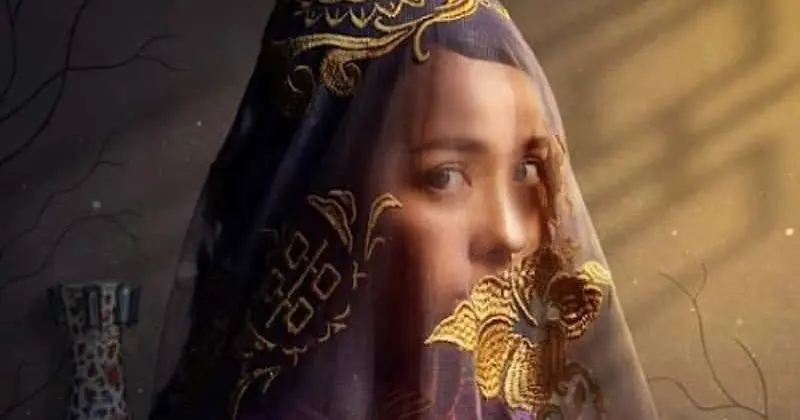Summary
Lavish production, a premise based on an alarming real-life tradition, and an all-Malaysian crew make The Ghost Bride (Netflix) arguably the most significant streaming release this weekend.
This review of The Ghost Bride Season 1 is entirely spoiler-free.
Based on both an ancient Chinese tradition and Malaysian author Yangsze Choo’s novel of the same name, the six-episode The Ghost Bride might be Netflix’s most significant release of the weekend. Boasting an all-Malaysian crew, or near enough, and the distinction of being the streaming giant’s first Mandarin original series, this unusual blend of murder-mystery, supernatural suspense and romance is a striking release that one hopes gets its fair share of attention in the thumbnails.
Concerning Li Lan, a woman living in 1890s Colonial-era Malacca who receives a proposal to become the ghost bride of a wealthy family’s recently-deceased son, the premise is striking on its own. But the show’s production, which blends period detail with postmodern flourishes and lavish efforts in set design and costuming, is the element that’ll get people talking. Creative license was taken with the source material to give the Netflix version a youthful and wider-ranging appeal; younger audiences like their romance to be fun and engaging rather than overwhelmingly melancholic, which is understandable. And while the book was written and published in English, The Ghost Bride on Netflix is in Mandarin, the first of its kind, which proves a strong creative decision when it comes to underscoring the performances.
A husband or wife being dead is usually what occurs after a few years of marriage, so raising the prospect of beginning the union on those terms is a tough sell. But it makes for a decently progressive undercurrent of rejecting social rules and the transactional approach history has taken to women; Li Lan is a forward-thinking character trapped in the ghostly ideology of yesteryear. She’s also the driving force of a plot that incorporates elements of murder-mystery and fantastical romance while still revolving around her.
Whether anyone will watch The Ghost Bride remains to be seen, but I hope they do. It’s likely to be overshadowed by October Faction today and Chilling Adventures of Sabrina Season 3 tomorrow, and the Mandarin language, while obviously a plus in the broad sense, might still prove too off-putting for a Western audience who, as Bong Joon-ho put it, haven’t gotten over the one-inch tall barrier of subtitles. We can only hope that if the show is consigned to that fate, it fittingly enjoys some life after death thanks to word of mouth.




